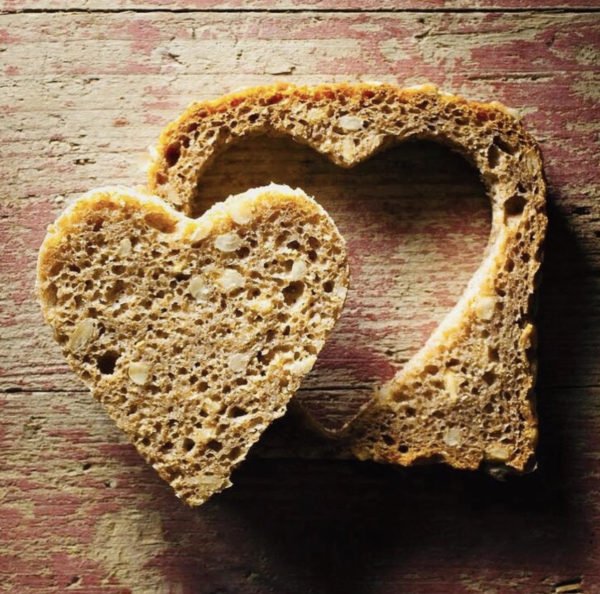
The coronavirus pandemic has caused widespread disruption to the UK economy and has turned our daily lives upside down. Many small and medium businesses are struggling and will need the support of local communities and the Government to get through.
But when things get tough, the tenacity of the entrepreneurial spirit prevails. In the face of adversity, some businesses have managed to reinvent themselves in order to mitigate the financial impact of the lockdown, or to help those who need it most, and we salute them.
Here are six examples of how businesses in the UK, both on a local and a national level, have transformed themselves to turn things around, which might just give you inspiration if you’re in a position to do the same.
Using their existing assets for the power of good
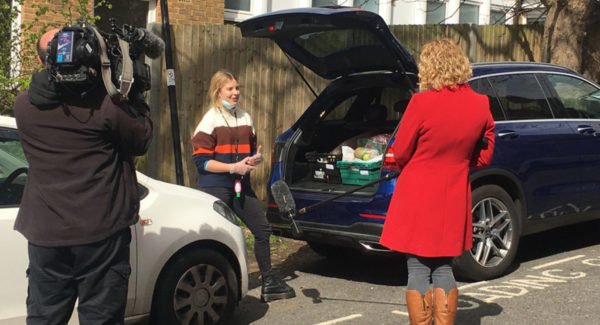
A number of companies across the UK have assessed what those still working might need and have looked at how they can use their current network of contacts or unused products to help ease the burden.
One such company is Car & Away, an airport car-sharing scheme operator. During a period where travel is severely limited, the brand has set up a new company called Karshare, a free community car-sharing scheme with the aim of helping essential workers stay mobile. Making use of its current network of contacts, it’s gathering temporary vehicle donations from the public and companies with unused fleets to offer up their unused vehicles for a short period of time. With safety front of mind, all vehicles are cleaned, vetted and fully insured by Karshare before being delivered to key workers who may be struggling to get around due to limited public transport. There’s no cost to either the vehicle owner or the key worker, and afterwards, the vehicles are fully cleaned and delivered back to the owners.
Karshare initially launched in Bristol but has already expanded its services to Brighton and London – with over 410 vehicles donated so far.
Another company making use of their existing products is bicycle company Brompton Bikes. Brompton Bikes is a folding bike retailer aimed at increasing people’s independence and freedom. Due to the reduced public transport and increased concern for those on the front line, it’s set up a bike hire scheme free of charge for key NHS workers.
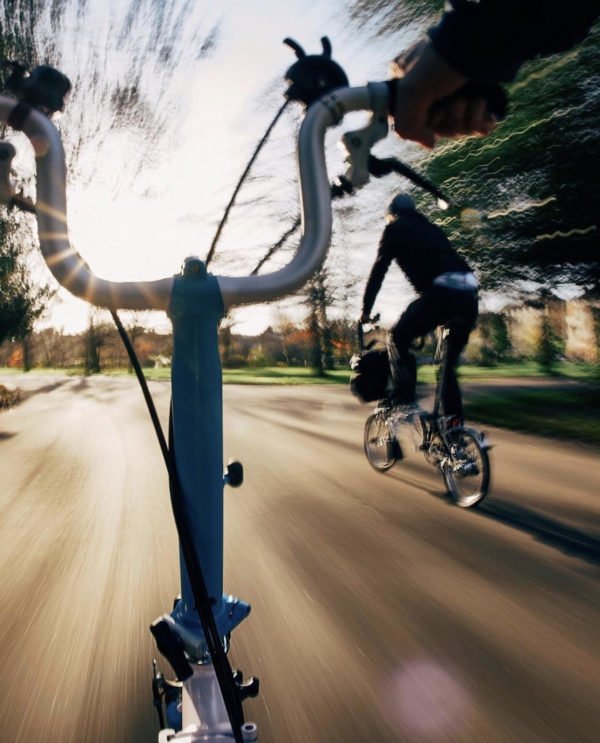
The scheme’s already being used by hundreds of staff across London’s hospitals, including St Bartholomew’s.
Flipping their business model
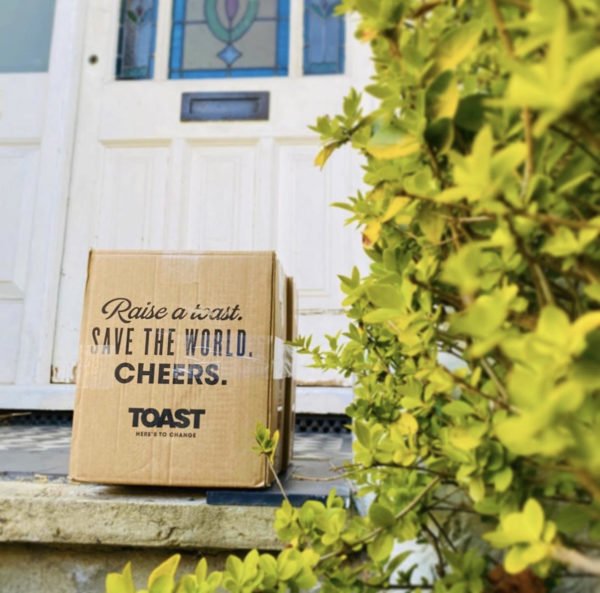
Numerous sectors, such as the food and beverage trade, have seen a considerable increase during the lockdown and recent research shows that the demand for alcohol among Britons persists. Whilst this is good news for drinks producers such as Toast Ale, they’re focusing on using the drive for the power of good.
Toast Ale produces quality beers using surplus bread to replace virgin barley, whilst reducing the demand for land and water, and avoiding emissions. The current pandemic has resulted in a challenge for some to get enough access to basic food essentials. Looking to address this, Toast Ale has launched a ‘meal deal’ initiative to support its charity partner, Feedback. The concept is simple – they’re putting the proceeds for every single beer bought from their online shop into feeding local communities. Every beer sold provides one meal. Furloughed staff are also volunteering their time to deliver food to those who need it.
Other small brands have had to reconsider how their product is distributed in response to the increased demand for delivery service; amending their model to enable safe home delivery for essential items. One example of this is Mayfield Eggs in West Oxfordshire, who’ve worked with the local community to recruit delivery drivers and focused on IT updates to ensure they could process increased orders.
Meanwhile, companies such as Bloom & Wild have been established in letterbox deliveries for some time now, but this safe and innovative method of sending flowers and gifts has really taken off during the coronavirus pandemic.
Among the most unusual is the world’s first “flat” bottle of wine – the first that can be posted through a letterbox, designed by Garçon Wines. Originally created to reduce carbon emissions and supply chain costs, the bottles are 100% recycled and recyclable as well as being 87% lighter. Whilst these existed pre-pandemic, the company has now expanded to offer unfilled bottles for non-wine applications, exploring using the bottle for other types of liquid specifically produced to assist with infection prevention & control, patient care, or other COVID-19 related matters, for example, hand sanitiser.
Setting up something new
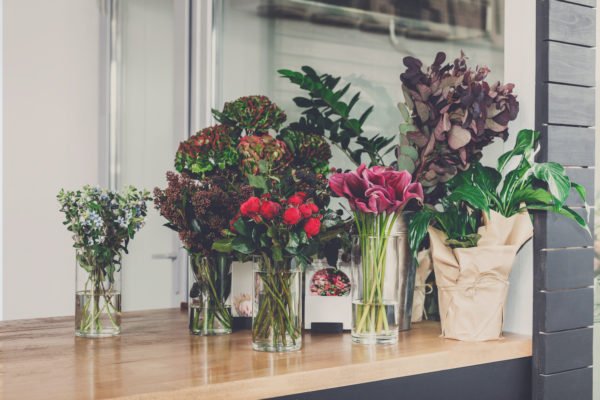
One of the many sectors that’s been hit hard due to the pandemic is horticulture. With most garden centres and large retailers having to shut their doors in key planting time, there are millions of pounds of bedding plants with no route to market. This potentially means a huge amount of waste.
As a result, a new company called Hope Plants has been set up by a couple in West Sussex, one of whom is a horticulturist with 22 years’ experience, who recently found himself unemployed due to COVID-19. The aim of the business is to offer a local home delivery service of plants, compost and grow-your-own vegetables to Chichester and the local surrounding areas. Starting with a post on Facebook to understand if there was initial interest, the couple were inundated with requests and offers of support, and the new business was formed.
There’s no doubt that this global pandemic has made this an extremely trying time for businesses of all sizes. But these few examples though shine a light on just how creative and supportive both businesses and consumers can be when times get tough. Bring able to pivot a business model, offer to help those in need or create something new in such a turbulent time are reasons to celebrate the amazing spirit of our entrepreneurs and SMEs.
By: renewable energy provider Opus Energy
